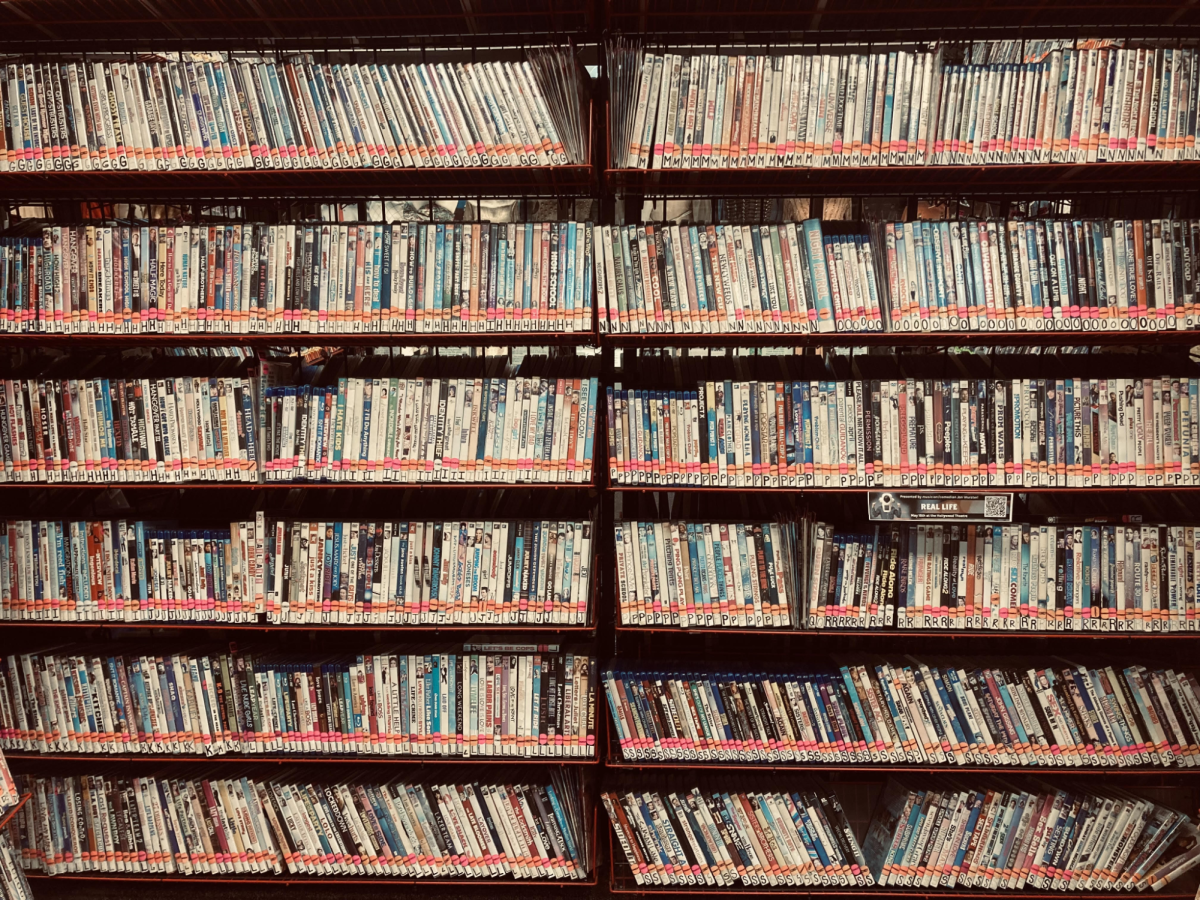
I would like to think that I’m pretty lucky. I’ve survived cancer and dodged death a few times; I’ve also never broken a bone in my life. As I approach the end of high school, and a new stage of my life, I’ve been thinking a lot about how I got here, and I think luck plays a significant role. But my unchecked good luck concerns me a little bit, and I decided that you all get to hear about it.
I think that the mathematical equivalent of the lucky outcome is the occurrence of the least likely possibility. Let’s say you have a die that only has ones and twos, with four ones and two twos. If you roll a two, that would be the lucky outcome. But an interesting wrinkle is the perception of “good” or “bad” luck. Let’s say rolling a one on that die would give you $10, but a two makes you pay your friend $10. If you roll a two, that would be bad luck, despite it being the mathematically lucky outcome. You could also say rolling a one is then lucky, even though it’s not mathematically “lucky.”
So can we represent this mathematically? Sort of. We can look at it as a plus-minus system, where every roll of a two moves you up, and every roll of a one moves you down, sort of like how we say Major League Baseball teams are “3 games above even.”
Here is where luck becomes separate from probability in my mind. Due to the principle of regression to the mean, which is what pulls statistical groupings into bell curves, like a rank in video games, or the season yards of every running back in the NFL, it’s reasonable to assume that as we get higher and higher or lower and lower, luck will eventually pull us back to center, and then to the other side. If we look at one human lifetime, and we consider the concepts of good and bad luck as being above and below the x-axis respectively, we can track a human’s luck. In our lives, we should spend an equal amount of time on both sides of the line, giving us an equal distribution of good and bad luck throughout our lives. However there are many different interpretations of luck, ranging from divine intervention to simply probability working as it should.
My friend Sofia Kidd, a senior at Franklin High School, doesn’t believe in luck at all. “I believe in probability. At every moment there is some probability that event x will happen. Just because it’s a small chance, there’s still a chance…” She also specified that she remains open to the concept of luck, but feels good about her belief in probability.
What was interesting was Kidd’s belief. She doesn’t believe in luck, whereas I look at luck as a modifier on her probability that pulls it into balance. Kidd doesn’t see it like that. “A chance is just a chance, and whether it’s likely to happen or not, that’s still just a number.” She also acknowledges that it may have something to do with her past experiences. “There’s no single moment that ruined my perception of luck, [it’s] just like being angry that things didn’t go your way.” I understand where she is coming from. If I hadn’t survived cancer (I’d be dead, but let’s put that aside) I wouldn’t believe in luck. So regardless of whether or not luck is real and measurable, I guess I’m just happy to still be here, and thankful for whatever allowed that.

































